Do you always find your flowers, shrubs, and trees turning brown and lifeless every time a heatwave hits the state? Check out our simple yet effective tips on how to keep plants alive during summertime!
RELATED: 50 Gardening Tips And Tricks To Become A Successful Homesteader
10 Effective Tips How to Keep Plants Alive Amidst the Heat
1. Don't Forget to Prune
Cut off dead foliage that might hamper plant growth or trigger infections at least once or twice a month. Pruning is one of the most effective ways to stimulate growth.
But don’t be too quick to assume that a wilted leaf is already dead. Keep in mind that some damaged leaves still support overall plant health.
They might be wilted now, but when fall comes along, there’s a good chance that they’ll return to normal. Only prune your plants if you notice an excessive amount of dead foliage.
2. Set up Irrigation System
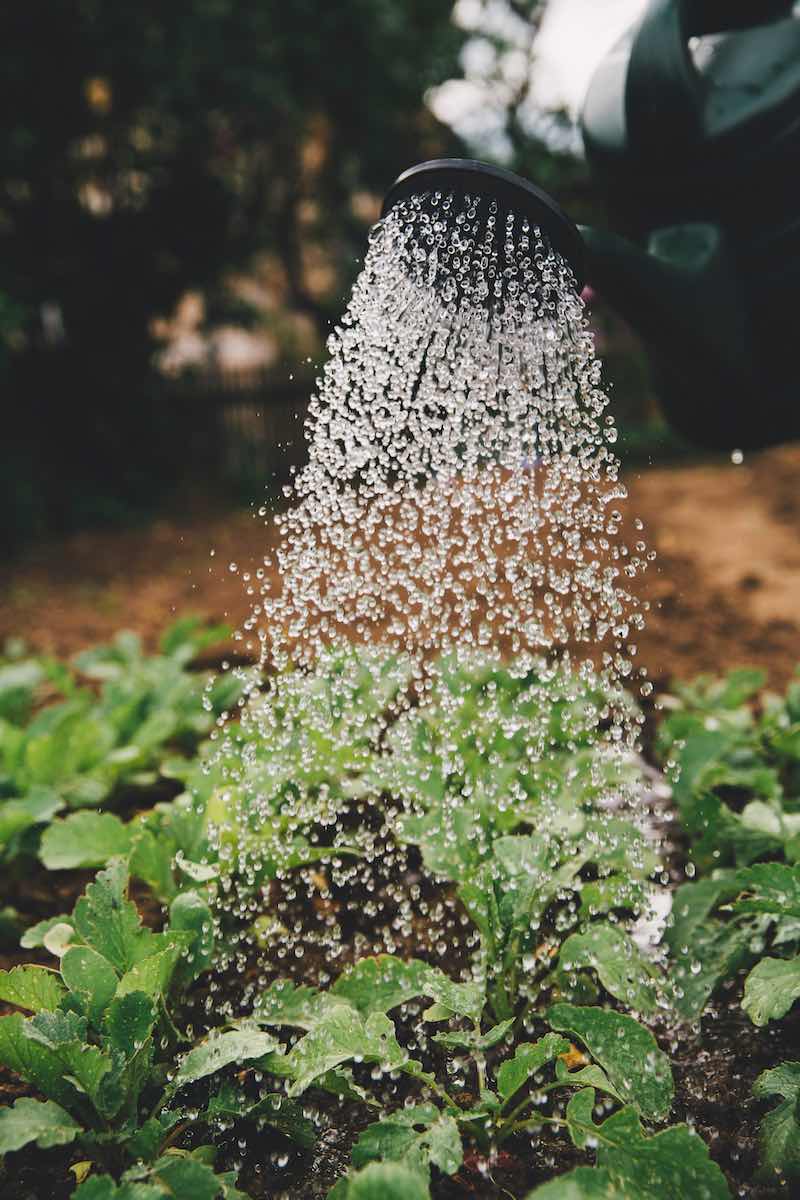
Overwatering is just as bad as under-watering. During summertime, gardeners are quick to assume that their plants need to be watered on a daily basis. However, this isn’t always the case.
The amount of water your plants need to survive varies on a case-by-case basis. Some plants such as fruit trees, begonias, and air plants actually rot if you overwater them.
Rather than watering plants daily, a better approach would be to create an irrigation system. Read up on the best type of irrigation system to use for your various trees, shrubs, and flowerbeds then apply them to your garden.
3. Mulch Soil Properly
Mulch serves as a protective layer for your soil. Through regular mulching, you can ensure your soil stays:
- Damp: A generous layer of mulch will prevent evaporation. This locks in all the moisture and nutrients your plants need to thrive despite the intense summer heat.
- Weed-Free: Generally, you’d want to cover all empty areas with mulch to prevent weed from growing.
- Compact: Mulch can prevent soil erosion caused by foot traffic, running water, and strong winds.
4. Avoid Exposure to AC
One might think that exposing indoor plants to their air conditioner is a good way how to keep plants alive during summer. However, it actually has the opposite effect.
Positioning your indoor plants directly in front of the AC unit will dry out the leaves. This means your plants will be left with even less moisture.
An alternative here is to place plants in a cool, shaded area. If you feel they are exposed to too much sunlight, close the windows or curtains for a while.
5. Drive Pests Away
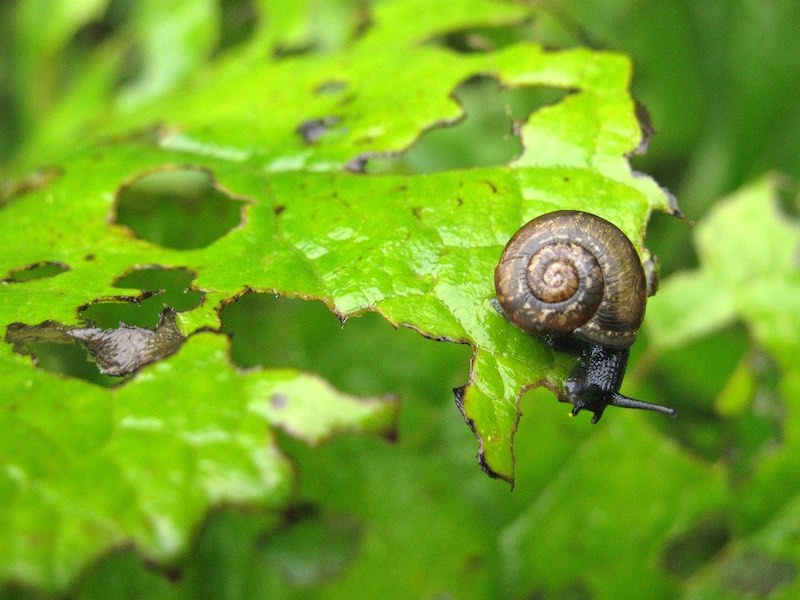
A lot of pests are more active during the summertime, so you need to find different natural ways to drive them away. Common garden pests include:
- Aphids: Aphids, otherwise known as blackflies and greenflies, are tiny insects that feed on sap. A quick way to get rid of them is by spraying them with a mixture of insecticidal soap and neem oil.
- Caterpillars: These are vegetable insects that feed on leaves. You’ll know you have a caterpillar infestation if you spot multiple holes in the leaves in your vegetable plants. Gardeners can get rid of them with a simple vinegar-water solution.
- Snails: Snails are one of the most hated garden pests. They feed on all kinds of plants ranging from tall fruit trees to small flowerbeds. To get rid of snails, leave a trail of crushed eggshells in your garden. These will scratch and injure the pests’ bodies.
RELATED: 27 Incredible Tower Garden Ideas For Homesteading In Limited Space
6. Wipe Dust off of Plants
An excessive accumulation of dust and pollen will make it harder for your plants to convert sunlight into food. Simply put, dust buildup compromises the photosynthesis process.
To get rid of dust buildups, wipe your indoor and outdoor garden plants with a damp towel every two to three weeks.
7. Don't Overfertilize
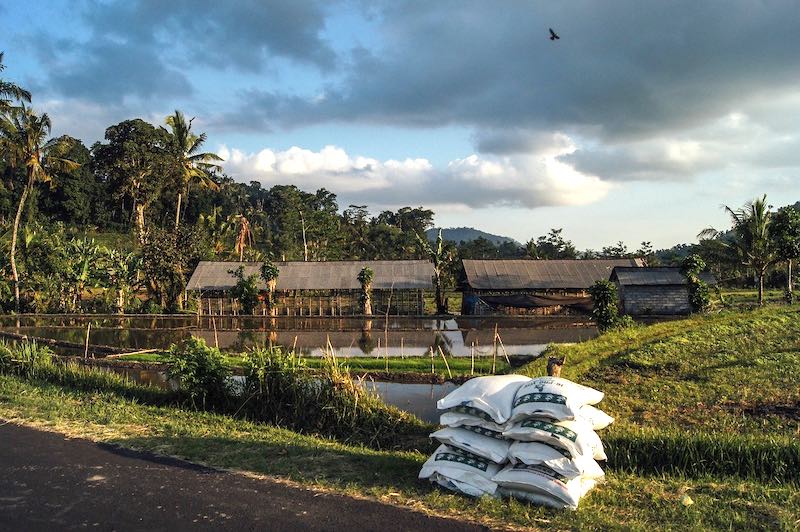
Fertilizing your garden is a great, effective way to boost the nutrient density of the soil. Plants need extra minerals to bloom quicker and bigger.
However, they aren’t always ready to absorb. Feeding your plants heaps of nutrients and minerals while they are stressed out will do more harm than good.
Wait until the weather cools down a bit before you begin fertilizing again.
8. Improve Humidity Levels
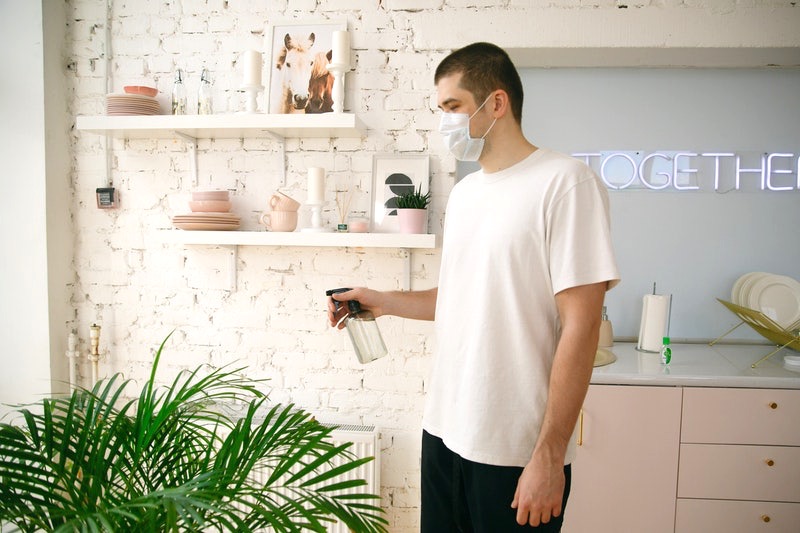
For indoor plants that don’t need too much water, you can opt to keep hem healthy during summertime by spraying them with clean water. A few sprays every now and then are all they need to survive the heat.
9. Protect Plants from Heat and Sunlight
Not all plants need much sunlight to thrive. Some indoor plants you should keep in a cool, shaded area include the:
- English Ivy
- Chinese Evergreen
- Dracaena
- Parlor Palm
- Maidenhair Fern
10. Think Twice for Replanting or Transplanting Plants
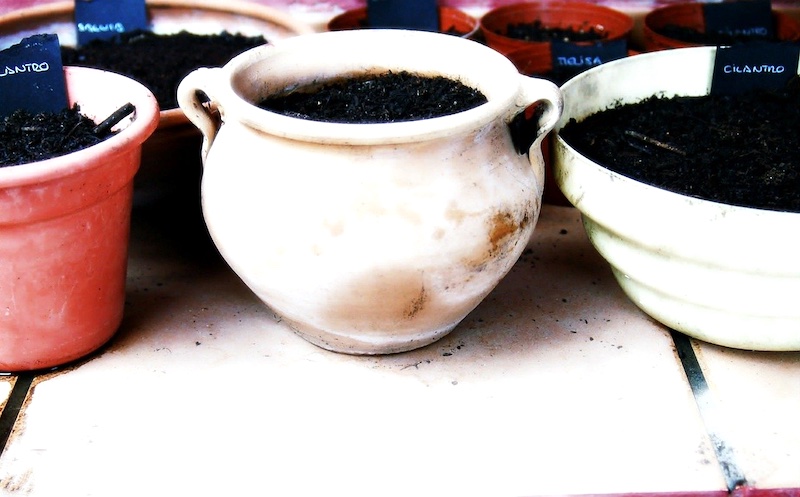
Repotting is essential for some plants to grow bigger. After all, you need to move them to a larger location that can accommodate their growth.
However, the process can be quite stressful. Firstly, the leaves get damaged as you move the plant from one place to another.
Secondly, you are forced to trim a good amount of root mass. This is done to ensure the plant stays alive and healthy even after the transplant.
Lastly, plants need some time to adjust to a new environment. Remember, plants are also living things.
Considering the amount of stress plants go through during a repotting, it wouldn’t be wise to push through with it on a sizzling-hot day. Opt to repot your plants once the weather cools down a bit.
Check out this video by GARDEN TIPS for more information on how to keep plants alive during the hot summer season:
Summer is a wonderful time for gardeners. As we all know, a regular dose of sunlight is necessary to ensure plants grow properly. However, keep in mind that too much of anything is a bad thing.
The best way how to keep plants alive and healthy despite the hot summer heat is to control the amount of sunlight you expose them to. Also, don’t forget to water them regularly. Just like any other living being, plants need water to survive.
Do you have anything to add to the list? Share your personal tips on how to keep plants alive during summer with us in the comments section!
Fellow homesteaders, do you want to help others learn from your journey by becoming one of our original contributors? Write for us!
Up Next:

Leave a Reply